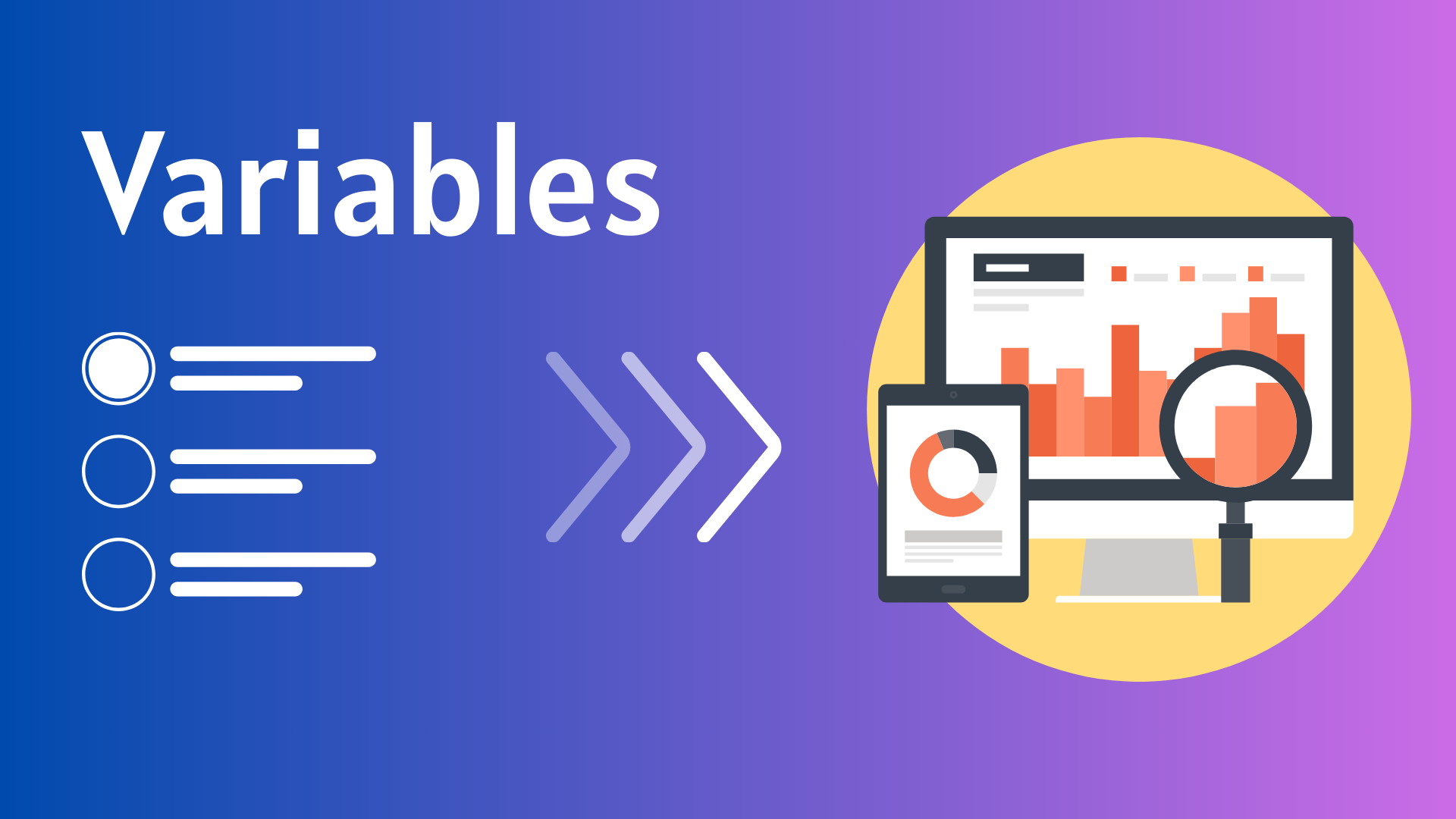Modern research with TRACE
Our Trusted Research Access & Collaboration Environment.

Our Trusted Research Access & Collaboration Environment.

These services are part of TRACE - our Trusted Research Access & Collaboration Environment

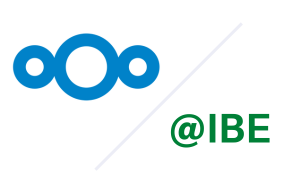
Find your files. Share your files. Work together with tools in the IBE Cloud.
To IBE Cloud
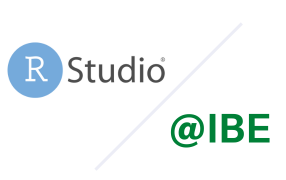

Create documentation for your project. Extract to PDF files to share it.
To IBE DokuWiki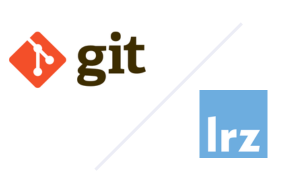

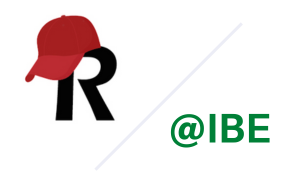
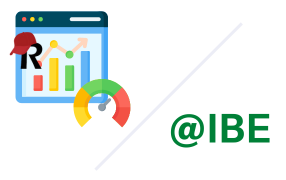
All IBE related REDCAp studies in one place. Filters can be applied.
More about REDCap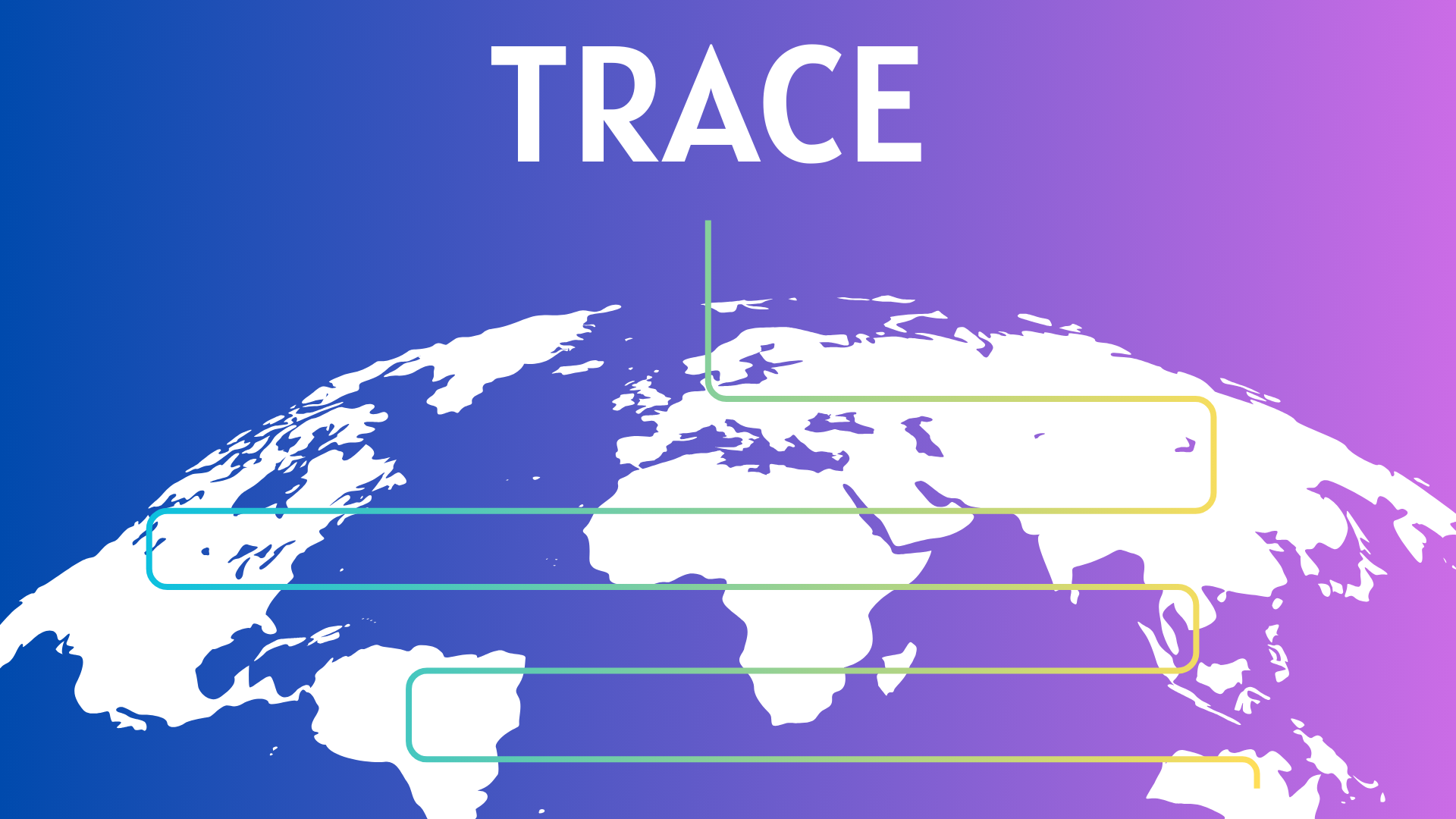
TRACE is built with Django to provide a secure, auditable workflow for discovering studies, requesting access, and working in a Trusted Research Environment—without moving sensitive data.
The architecture integrates catalogue metadata, REDCap and CSV connectors, and sealed analysis spaces via Ginko, a qemu-web-desktop adaption. Role-based access control and detailed audit trails help teams collaborate confidently and stay compliant with institutional and GDPR requirements. By storing each researcher's variable selections alongside their access applications and the feature to save the corresponding analysis code, TRACE also enables the exact reproduction of analyses—even years later— ensuring transparency and long-term reproducibility.
Researchers can browse rich study metadata, select variables, and submit access applications. Approved users work in remote desktops and notebooks connected to curated datasets.
Under the hood, Django orchestrates connectors, stores variable selections, and enforces Data Use Agreements (DUAs). Multiple data owners within an institute can register their own studies in TRACE and, when external researchers apply for access, establish DUAs that define the permitted use of the data. This keeps sensitive information under the control of its owners while still enabling reproducible workflows and efficient review.
